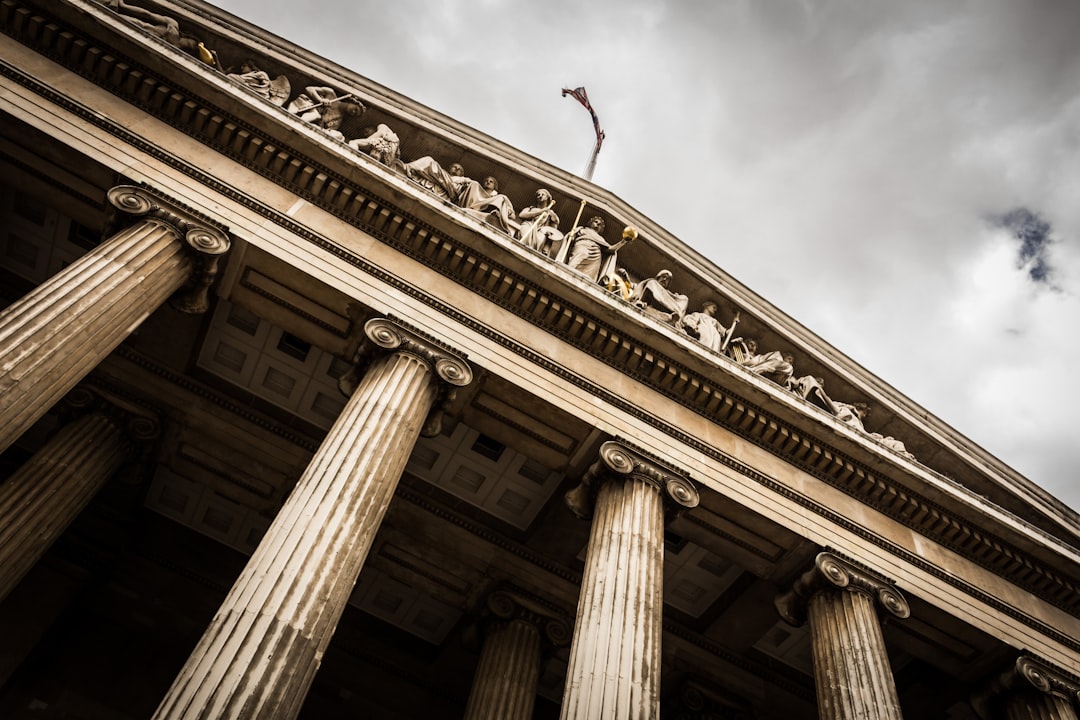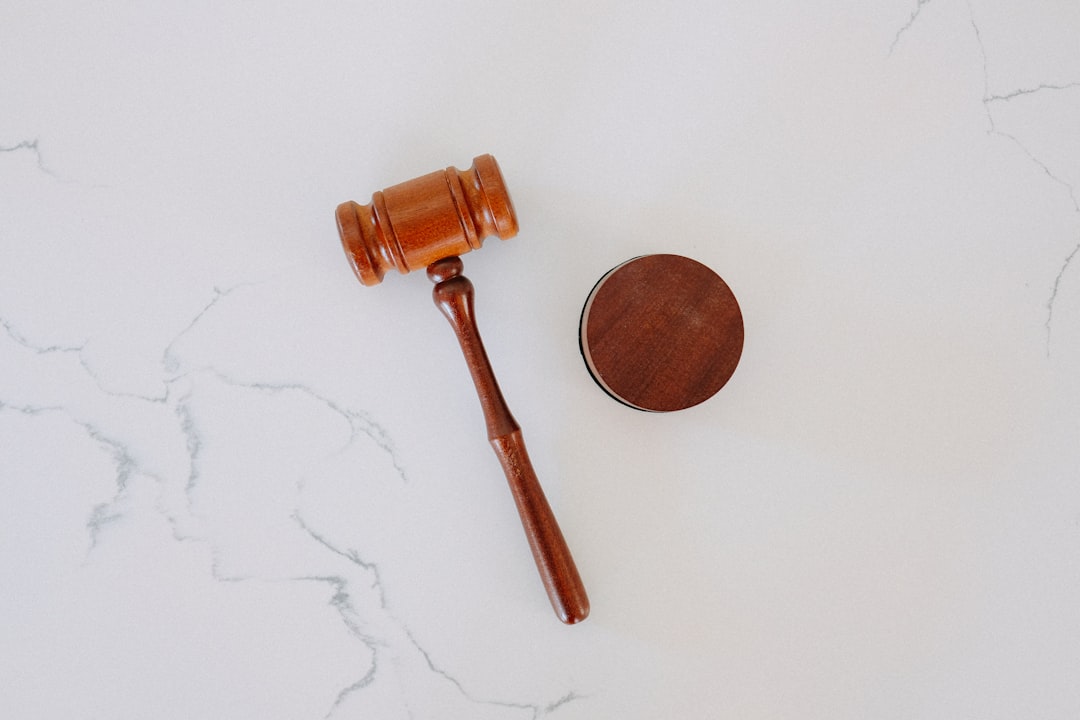In Indiana, addressing school sexual abuse is a critical issue that demands legal expertise. Understanding the complex dynamics of such cases requires a nuanced perspective from a school sexual abuse lawyer Indiana relies on. This article delves into three key aspects: exploring the legal dimensions of school sexual abuse, outlining the vital role of an Indiana school victim sexual abuse attorney, providing a guide to navigating the legal process, and highlighting resources available for survivors.
Understanding School Sexual Abuse: A Legal Perspective

School sexual abuse is a grave issue that demands careful attention and legal expertise. As a parent or guardian, understanding your rights and available legal avenues is crucial when facing such a traumatic situation. An Indiana school victim sexual abuse attorney specializes in navigating complex laws and regulations to ensure justice for victims and hold educational institutions accountable.
These lawyers possess deep knowledge of state and federal laws pertaining to child protection, privacy, and education. They work tirelessly to investigate incidents, collect evidence, and advocate for the rights of victims, often guiding them through the legal process with compassion and professionalism. Their goal is to secure fair compensation, prompt school reforms, and bring closure to those affected by sexual abuse within educational settings.
The Role of an Indiana School Victim Sexual Abuse Attorney

In cases of sexual abuse within Indiana schools, a dedicated and experienced school sexual abuse lawyer is an indispensable ally for victims and their families. These attorneys specialize in navigating complex legal systems and ensuring that victims’ rights are protected. They play a crucial role in guiding individuals through the often challenging process of seeking justice and holding perpetrators accountable.
An Indiana school victim sexual abuse attorney leverages their knowledge of state laws and educational institution policies to build robust cases. They advocate for victims, providing emotional support while pursuing legal remedies such as compensation for damages, disciplinary actions against perpetrators, and policy changes to prevent future incidents. Their expertise in handling such sensitive matters is vital to ensuring that victims feel heard, respected, and assisted throughout the legal process.
Navigating the Legal Process for Victims and Their Families

Navigating the legal process after experiencing sexual abuse within a school environment can be incredibly daunting for victims and their families. In Indiana, individuals affected by such traumatic events have rights, and seeking justice is possible with the help of a dedicated school sexual abuse lawyer. The first step involves gathering evidence, which may include medical records, witness statements, and any relevant school documents. A skilled attorney will guide clients through this process, ensuring all necessary information is obtained securely and confidentially.
Legal options can vary depending on the specific circumstances. Some cases may involve civil lawsuits against the responsible parties, such as schools or individuals employed by them. Indiana laws offer protection and support for victims, providing a framework to hold accountable those who have caused harm. A school sexual abuse lawyer will explain the legal avenues available, offering strategic advice tailored to each unique case.
Supporting Survivors: Resources and Rights in Indiana

In the face of such a traumatic experience, survivors of sexual abuse in Indiana have rights and resources available to them. It is crucial for victims to understand their options and be supported through the legal process. A school sexual abuse lawyer in Indiana can guide survivors and their families, ensuring they receive the justice they deserve.
Resources include specialized counseling services, support groups, and legal aid organizations dedicated to assisting victims. These services aim to empower individuals to take control of their healing journey. Indiana laws protect survivors’ rights, offering a safe space for them to speak out against their abusers and hold institutions accountable. This includes policies that maintain confidentiality and provide protection from retaliation.





